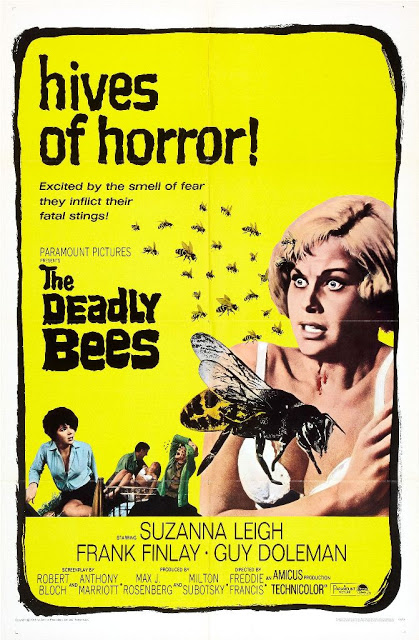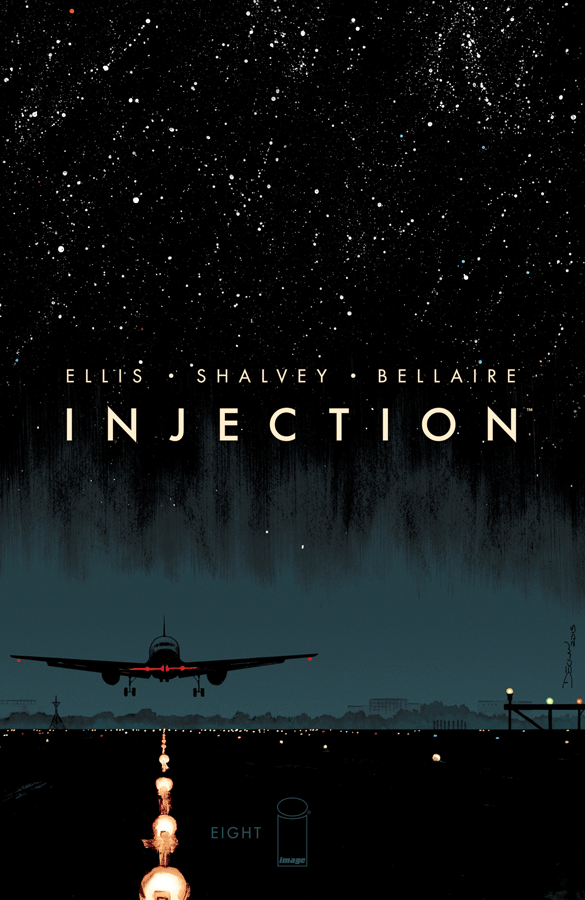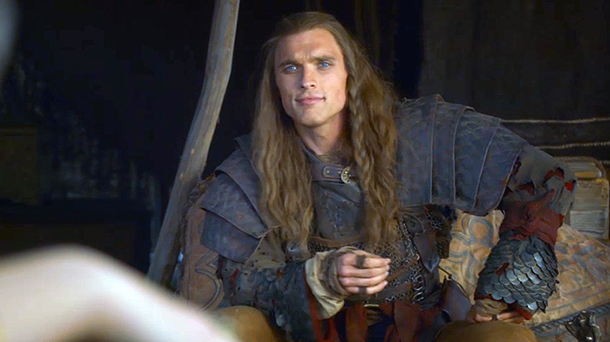“The Butterfly Effect”: Rivals
Chaos theory is the principle of mathematics that states dynamical systems which are subject to any number of individual initial conditions, such as the commonly cited example of a butterfly flapping its wings ultimately leading to a dramatic shift in weather at the opposite end of the planet, behave in such a way that defies prediction in the long-term. These systems are called chaotic, where by this definition chaos is not random, but is so impossible to predict by any meaningful system of measurement that it might as well be random.
This is ostensibly the premise “Rivals” was pitched under. But the neutrino-spinning gambling machine Martus Mazur brings to Deep Space 9 hardly constitutes an example of chaos theory. Instead, it operates by altering the laws of probability, as numerous characters state at various points in the episode. Far from large-scale effects being generated seemingly at random by an otherwise inconsequential initial event, the device arbitrarily dispenses good luck and bad luck across the station, which is a very different sort of phenomenon. Perhaps it’s small wonder than that the “chaos theory” pitch languished around in production hell for over a year before Michael Piller got around to it, by which point the finished product could hardly be called something that could be traced back to its source. Actually, that‘s a better example of chaos theory than anything in the actual episode as aired.
But this isn’t a blog about mathematical models of scientific processes. I’m sure you can find oodles of critique of Star Trek’s clumsy handling of those issues elsewhere. We all know that Star Trek’s scientific concepts are usually the least interesting thing about any given story, and the same is certainly true here. The only trouble is there’s not a whole lot else to “Rivals”: It’s an aggressively unfunny attempt at a low-stakes story that leaves me without a lot to talk about. I suppose that’s the first thing I could mention, because it’s not a good sign to see Star Trek: Deep Space Nine trip up on a low-stakes story like this. “Rivals” is precisely the sort of episode that should be absolutely in this show’s wheelhouse and it should be able to churn out this kind of material practically on autopilot. This is what the series was built to do, and that it can’t seem to wrap its brain around it is concerning. Maybe the show has epiced itself out following the season opening three-parter and big dramatic attempts like “Necessary Evil”, “Invasive Procedures”, “Cardassians” and “Sanctuary”.
Maybe the answer is that troublesome brief. Either chaos theory doesn’t make a great Star Trek story, or the creative team doesn’t know how to make it a good Star Trek story. The fumble on the chaos theory thing has tripped me up for years, and I’ve spent longer than any human being should trying to piece together what this story actually has to do with a field of theory I’ve actually found kind of interesting at varying points in my life, only to finally realise it actually has fuck all to do with it.…


 The second season of
The second season of  Holly Boson is back with another cracking installment of City of the Dead, this time looking at the 1967 potentially-not-a-classic The Deadly Bees. The official episode description:
Holly Boson is back with another cracking installment of City of the Dead, this time looking at the 1967 potentially-not-a-classic The Deadly Bees. The official episode description:
 Just a reminder: I recently guested (again) on the Oi! Spaceman podcast to talk about ‘Caves of Androzani’. Download
Just a reminder: I recently guested (again) on the Oi! Spaceman podcast to talk about ‘Caves of Androzani’. Download  Before we get to comics reviews, it being the season for big elaborate seeded brackets of things, I’ll be running The Last Tournament in Albion, an attempt to summarize a mostly still-unwritten sprawling epic history of British comic books via a series of Twitter polls. Sixty-four classics from the major players in The Last War in Albion (and a few guest stars), broken into four divisions (British Classics, American Superheroes, Literary Comics, and Non-Comics) and seeded into a series of appropriately brutal head-to-head match-ups.
Before we get to comics reviews, it being the season for big elaborate seeded brackets of things, I’ll be running The Last Tournament in Albion, an attempt to summarize a mostly still-unwritten sprawling epic history of British comic books via a series of Twitter polls. Sixty-four classics from the major players in The Last War in Albion (and a few guest stars), broken into four divisions (British Classics, American Superheroes, Literary Comics, and Non-Comics) and seeded into a series of appropriately brutal head-to-head match-ups. 
